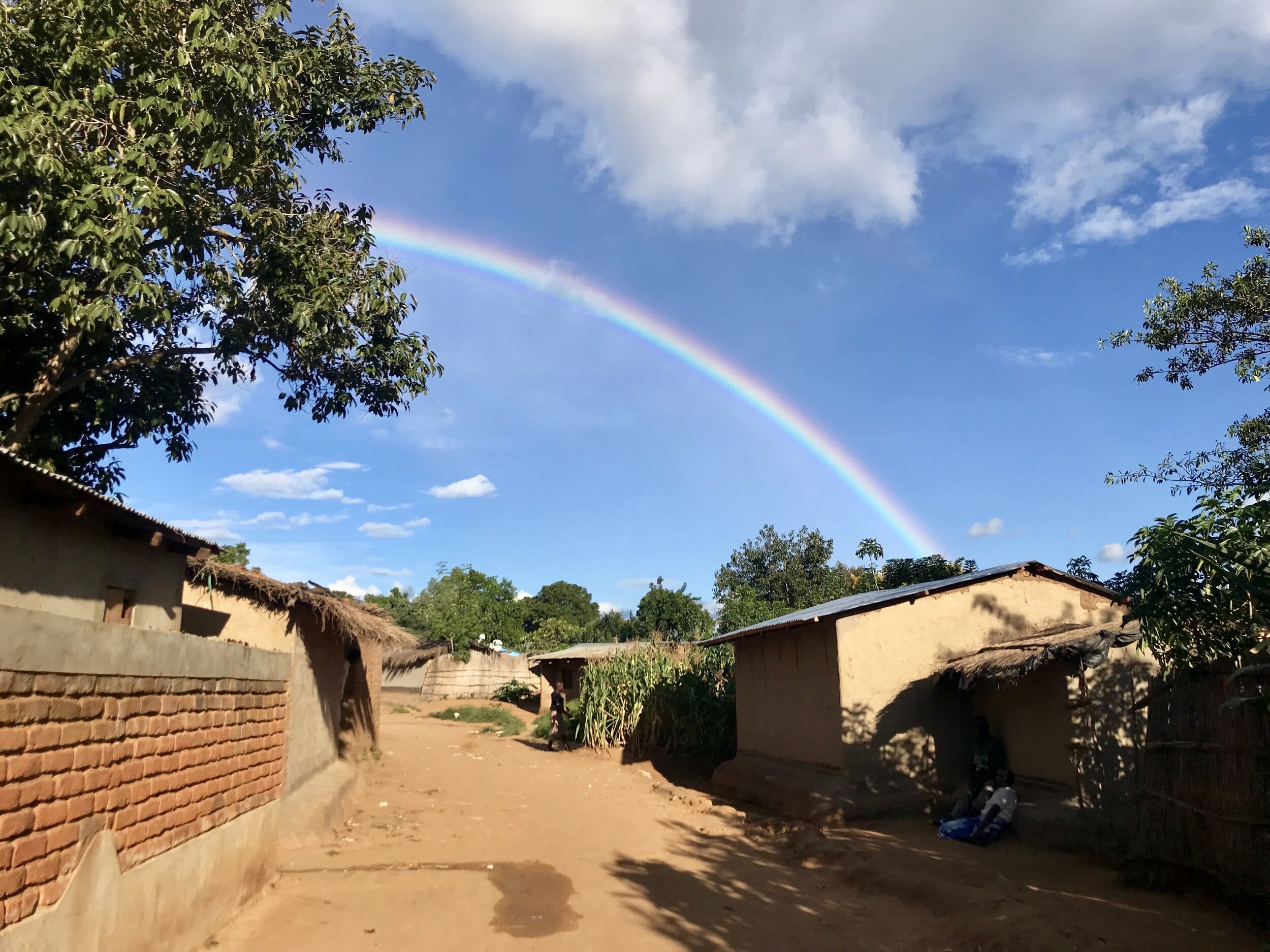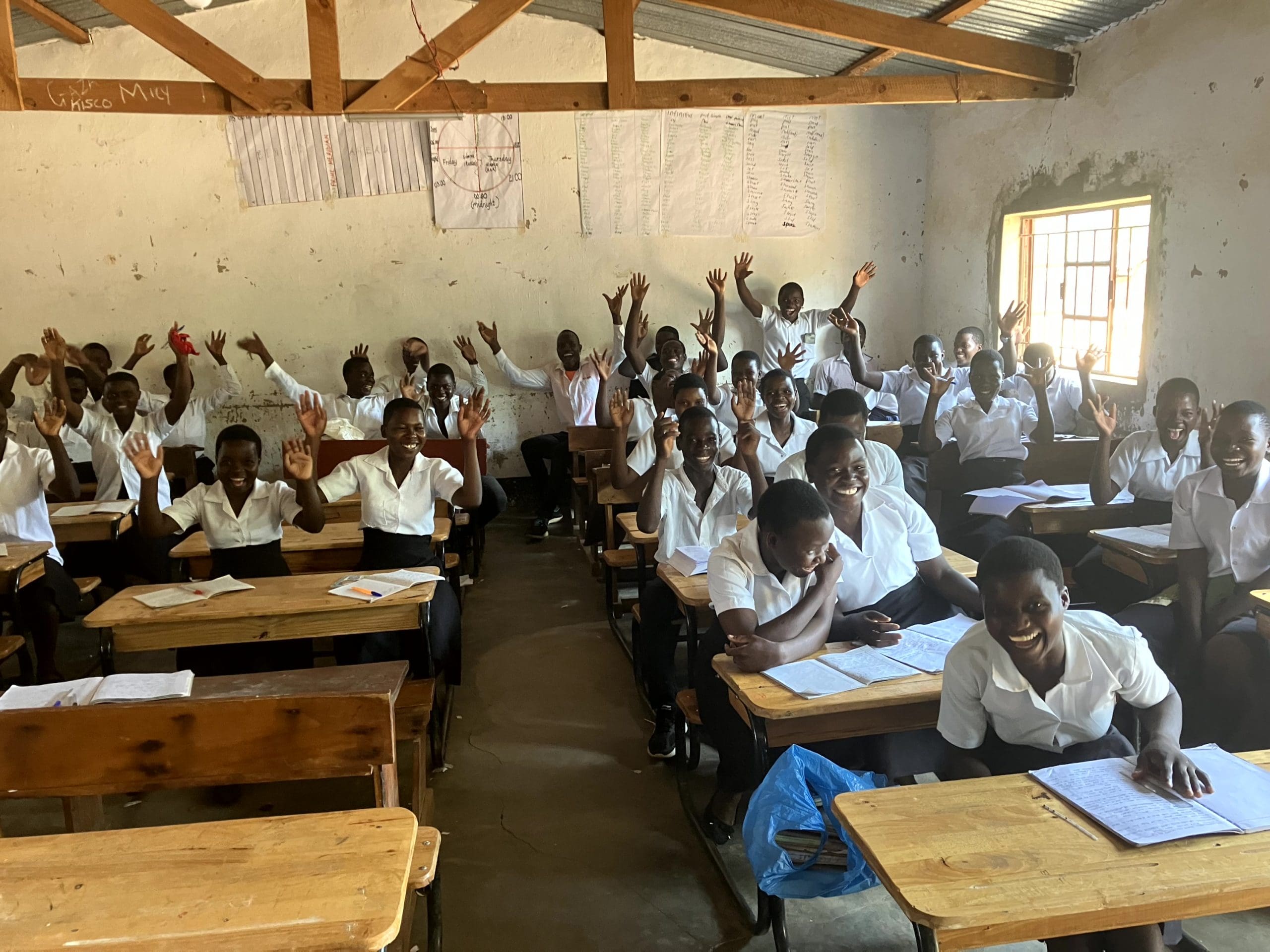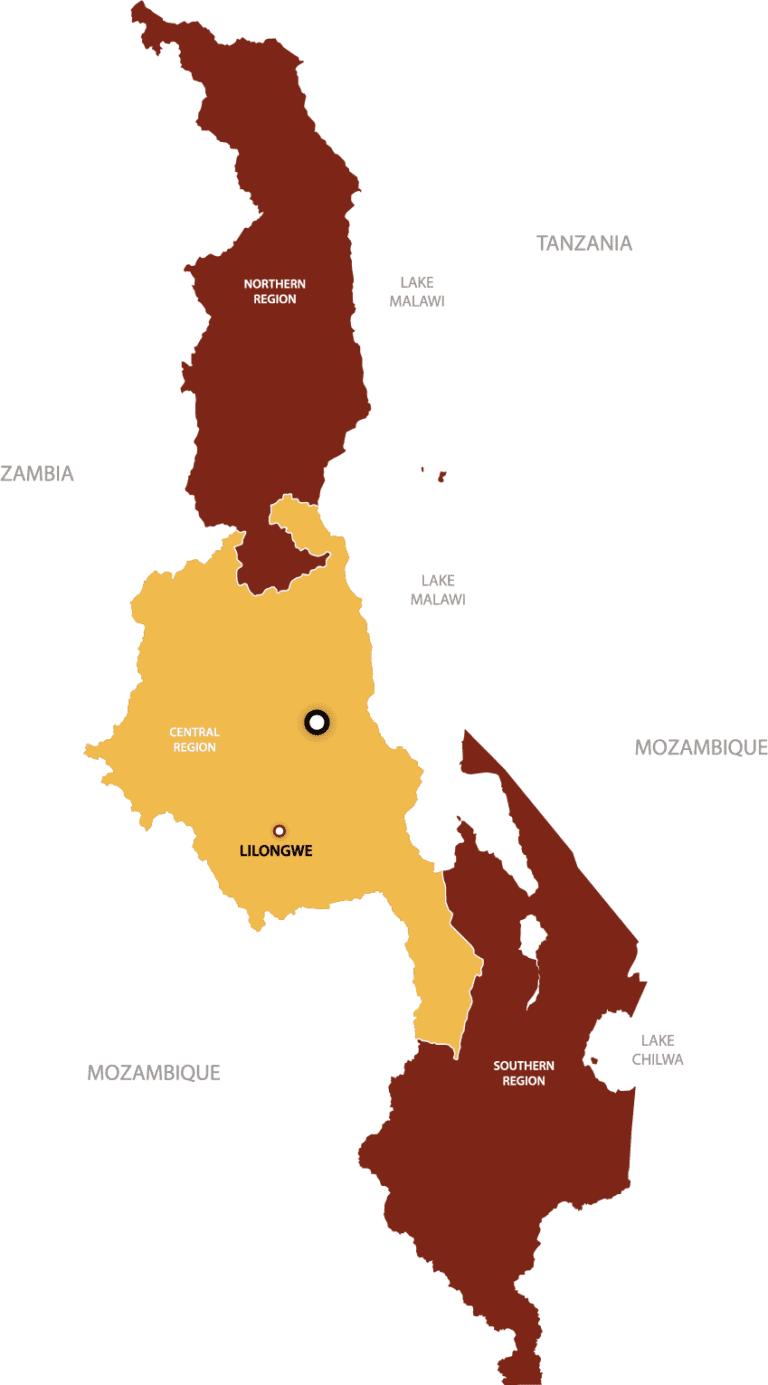Education is valued - and often unaffordable
Primary schooling is free, but parents have to buy a uniform, which is a big ask when income is low (average earnings are £70-140 per year) and you are only ever sure of having work in the short term.
Secondary school is run by the government, but you have to pay around £40 per year, so it’s not really surprising that very few children stay on to senior school, and just a tiny fraction of them are girls.
It’s often difficult for a girl to go to school regularly. In addition to her domestic responsibilities, she’ll stay at home if she has her period. The menstrual cycle is taboo, and most women and girls don’t understand how their bodies work. In some rural areas, people believe that a girl or woman who has her period can be bewitched.
But we know that if a girl manages to overcome these challenges, she can achieve as much as any man.
The challenge
About 80% of children go to primary school. Children may have to walk many miles to school. They usually sit on the floor, and one teacher looks after up to 130 children.
Only 20% of children stay on to secondary school, where classes may be a little smaller (80 students). Some schools are fortunate enough to have simple wooden desks.
Books are scarce and writing materials very precious, so students will use every tiny space on the page.
Very few children go on to university, so most will live in the same way as their parents.
Schools must provide accommodation for every teacher they employ, so a school that offers good housing will attract better teachers. This is why providing teacher accommodation is such an important priority.









